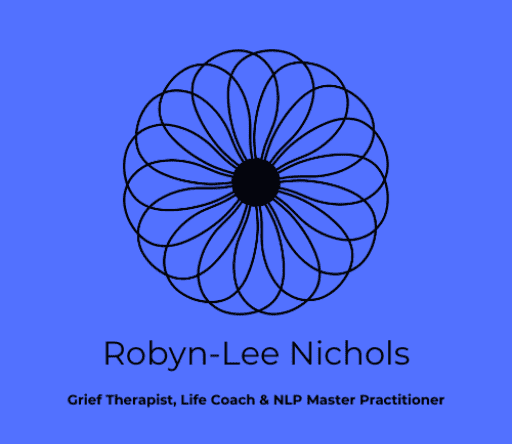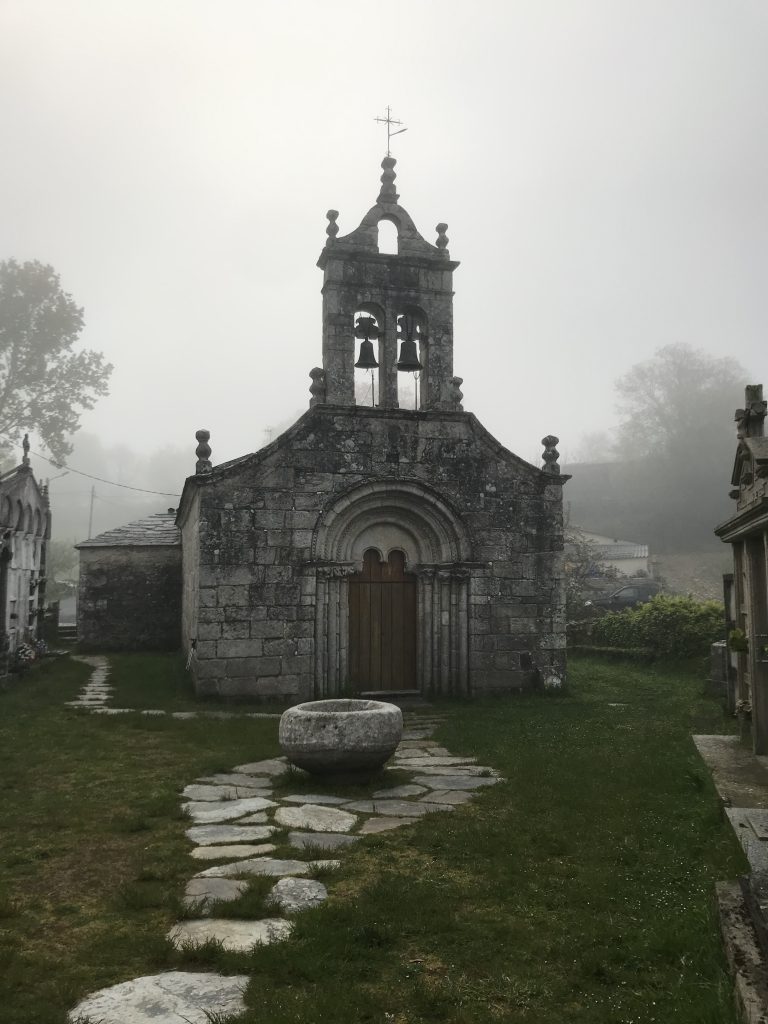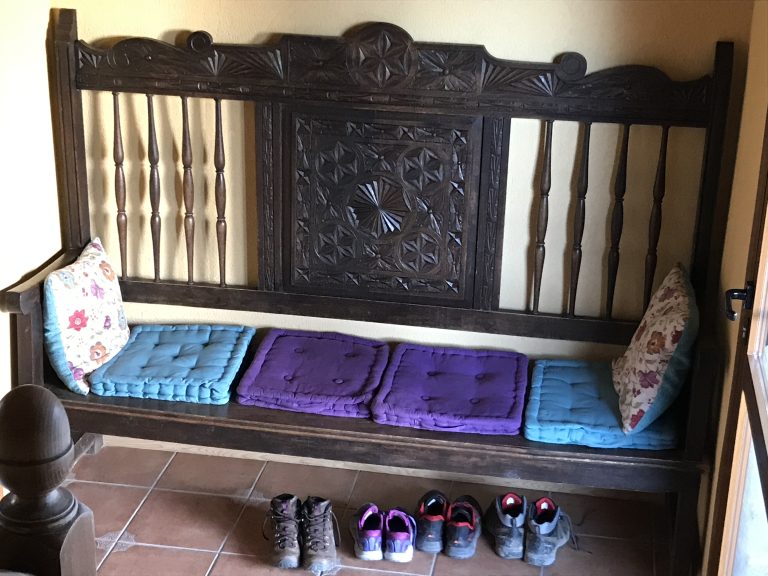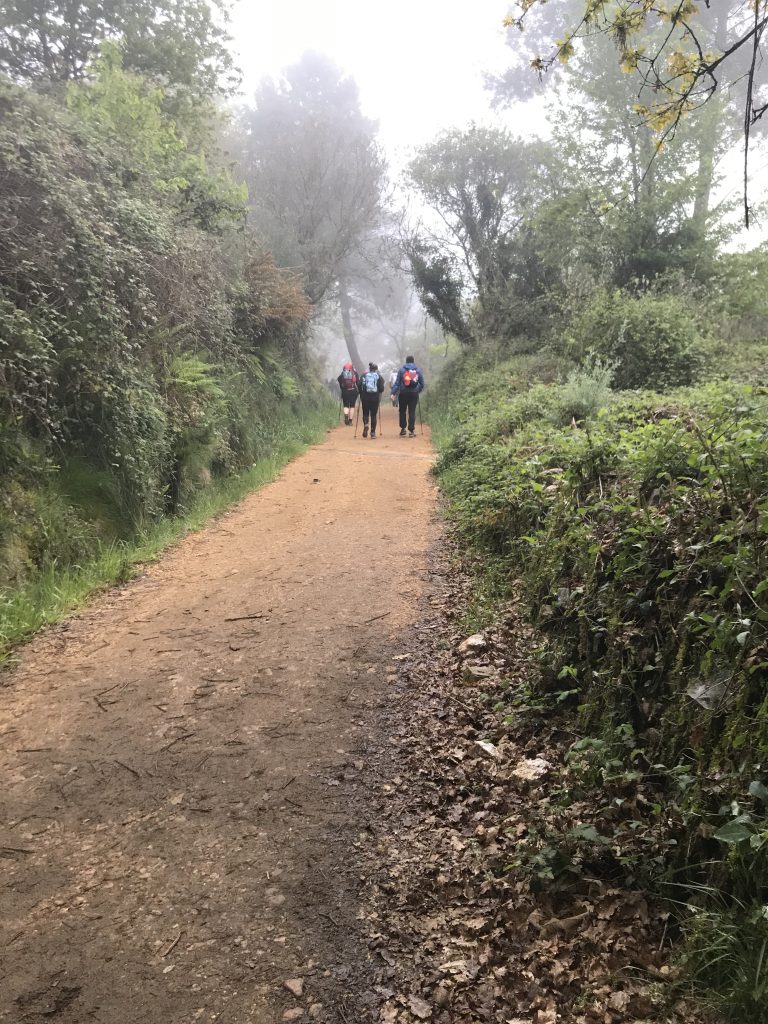Navigating the Firsts After Loss, and the Magic Seven Strategies to Cope
The firsts after loss weigh heavily on all of us. The journey through grief is a deeply personal experience, marked by numerous milestones that can evoke very strong and conflicting emotions. Among these, the firsts after loss of a loved one often stand out as particularly challenging. These are the moments when the absence of the departed is felt most acutely – the first birthday without them, the first holiday season, the first anniversary of their passing. The list of “firsts” goes on.
This article explores significant “firsts” and offers guidance on how to prepare for and navigate these occasions.
Understanding the Significance of Firsts After Loss
The firsts after loss of a loved one hold special significance because they highlight the permanence of the loss. Leading up to the occasion brings into stark reality the situation that we might have wanted to ignore, or avoid.
These occasions, once filled with joy and shared experiences, now become poignant reminders of the person who is no longer present. Common firsts after loss include:
- First birthday (both the deceased’s and the griever’s)
- First holiday season (Christmas, Hanukkah, Thanksgiving, etc.)
- First anniversary of the death
- First major family event (weddings, graduations, reunions, births)
- First vacation
- First significant achievement or milestone
Each of these occasions can trigger a fresh wave of grief, even if the person has been feeling better in recent times.
Preparing for the “Firsts”
- Acknowledge the difficulty: Recognize that these occasions will be challenging. It’s normal and okay to feel a resurgence of grief.
- Plan ahead: Consider how you want to spend these days. Some people prefer distraction, while others choose to commemorate their loved one. Doing absolutely nothing or simply being with yourself, is completely alright too!
- Communicate with family and friends: Share your feelings and plans with those close to you. They can offer support and understanding. Remember that your boundaries matter most in these situations, so “No.” is a complete sentence if you have no capacity to be involved.
- Be flexible: Allow yourself the freedom to change plans if you feel overwhelmed on the day. Boundaries!= – yours mean the most.
- Create new traditions: While honoring old memories, consider establishing new rituals that incorporate your loved one’s memory.
Navigating Specific “Firsts”
The First Holiday Season
The holiday season can be particularly difficult, as it’s often centered around family gatherings. To cope:
- Decide which traditions to keep and which to change
- Consider volunteering or helping others as a way to honour your loved one
- Allow yourself to opt out of celebrations if they feel too overwhelming
The First Birthday
Whether it’s your loved one’s birthday or your own, these days can be emotionally charged. Some ideas for coping include:
- Doing something your loved one enjoyed
- Sharing memories with others who knew them
- Writing a letter to your loved one
- Writing a letter to yourself, reminding you how wonderful and courageous you are. Be absolutely kind, as if you were writing to a trusted friend. This is a very useful tool, because you can keep these words to look back on, to see how far you have progressed.
The First Anniversary of the Death
This day often brings a flood of memories and emotions. You might consider:
- Visiting a place that was special to your loved one
- Creating a memory book or box
- Participating in a ritual or ceremony of remembrance
The First Major Family Event
Weddings, graduations, and other celebrations can feel bittersweet without your loved one. To navigate these:
- Include a moment of remembrance in the event
- Carry a memento of your loved one with you
- Allow yourself moments of privacy if emotions become overwhelming
Coping Strategies for All “Firsts” after Loss
- Practice self-care: Prioritize your physical and emotional well-being. Get enough rest, eat well, and exercise.
- Seek support: Lean on friends, family, or a support group. Professional help from a grief counselor can also be beneficial.
- Honor your loved one: Find ways to incorporate their memory into the day or event.
- Allow all emotions: It’s okay to laugh and find joy, even in the midst of grief. Conversely, don’t feel guilty about moments of happiness.
- Be patient with yourself: Grief doesn’t follow a timeline. Everyone processes loss differently.
- Practice mindfulness: Stay present in the moment rather than getting lost in “what ifs” or “should haves.”
- Journal: Writing can be a therapeutic way to process your emotions and preserve memories.
Moving Forward
As you navigate these “firsts,” remember that it’s not about forgetting your loved one or “getting over” the loss. Instead, it’s about learning to integrate the loss into your life and finding ways to honour your loved one’s memory while continuing your own journey.
With time, the sharp pain of these “firsts” often softens. You may find that what was once unbearable becomes bittersweet, and eventually, these occasions might even bring comfort as opportunities to feel close to your loved one.
Remember, there’s no “right” way to grieve. Be gentle with yourself as you navigate these challenging milestones, and don’t hesitate to seek support when you need it. Your journey through grief is uniquely yours, and each “first” you navigate is a step toward healing and finding a new normal in a world forever changed by your loss.
The “firsts” after loss often usher in a debilitating sense of loneliness, my post addressing this is another resource for you.







